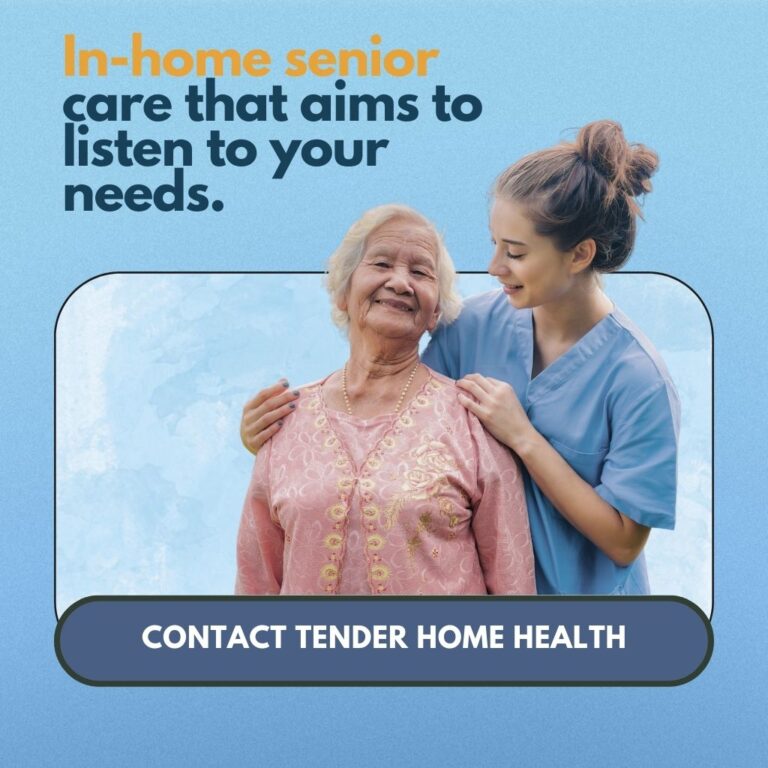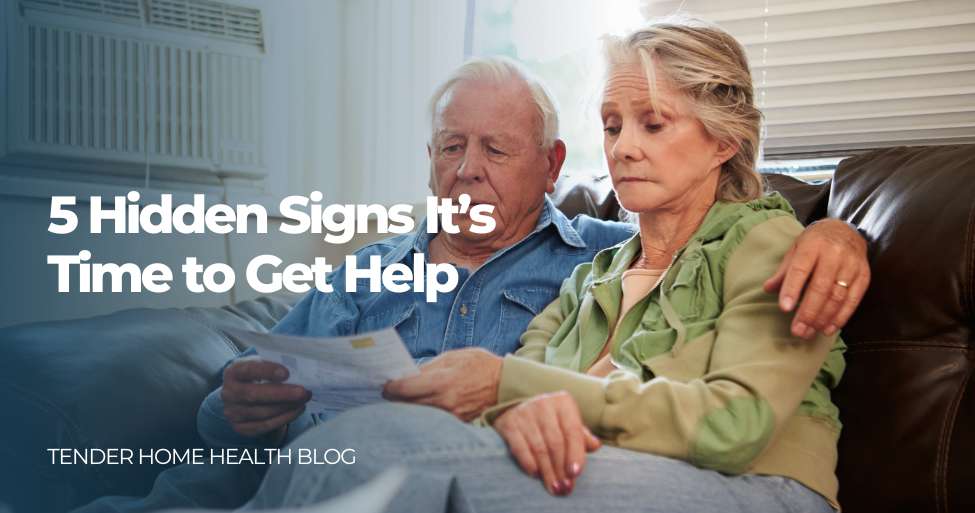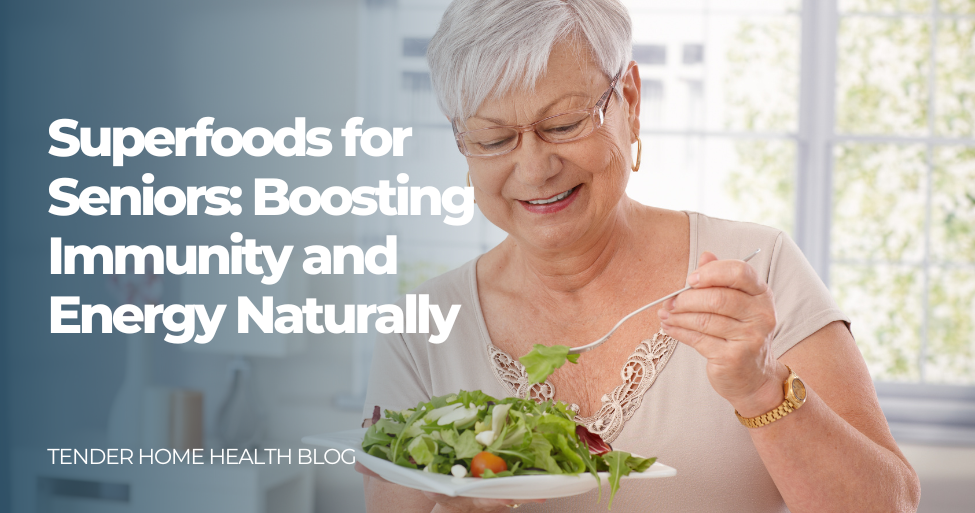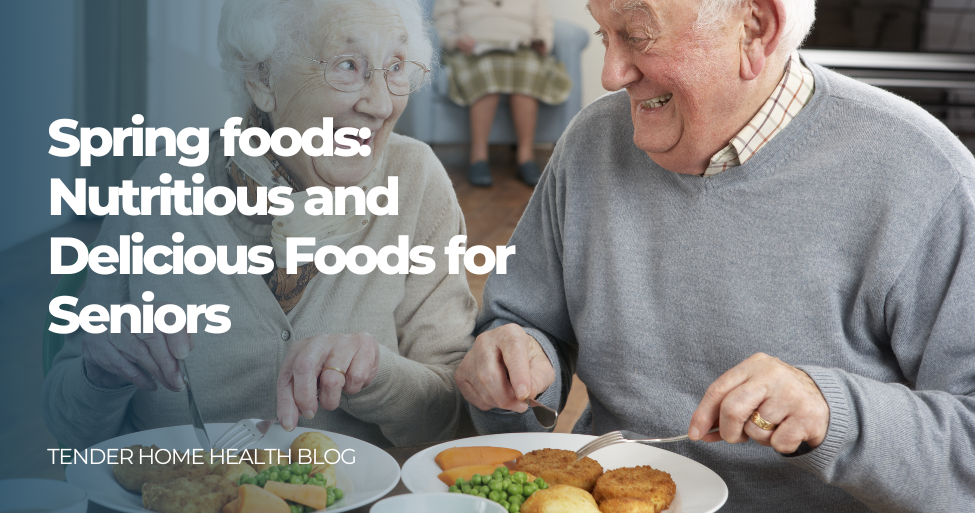Hypertension, also known as high blood pressure, is a common health concern among older adults. Left unmanaged, it can lead to serious complications like heart disease, stroke, and kidney problems. However, with the right strategies and support, seniors can keep their blood pressure under control and live healthier lives.
This blog explores effective ways for seniors to manage hypertension while highlighting the role of in-home care in promoting health and wellness.
Hypertension occurs when the force of blood against the artery walls is too high. It’s often called the “silent killer” because it doesn’t always present noticeable symptoms. Regular check-ups and early detection are crucial, especially for seniors who may be more at risk due to age-related changes in the body.
List of Things Seniors Can Do to Manage Hypertension
Follow a Heart-Healthy Diet
- Eat more fruits, vegetables, and whole grains.
- Limit salt intake to less than 2,300 mg per day.
- Avoid processed and sugary foods.
Stay Physically Active
- Engage in low-impact exercises like walking, swimming, or yoga.
- Aim for at least 30 minutes of activity most days of the week.
- Always consult a doctor before starting a new fitness routine.
Take Medications as Prescribed
- Stick to the medication schedule recommended by a healthcare provider.
- Use a pill organizer to ensure doses aren’t missed.
Monitor Blood Pressure Regularly
- Use a home blood pressure monitor to track readings.
- Keep a log to share with healthcare providers during check-ups.
Manage Stress Levels
- Practice relaxation techniques like deep breathing or meditation.
- Spend time doing hobbies or activities that bring joy.
Limit Alcohol and Quit Smoking
- Drink alcohol in moderation or not at all.
- Seek help to quit smoking, as it can significantly raise blood pressure.
- Seek help to quit smoking, as it can significantly raise blood pressure.
How In-Home Care Can Help Seniors Manage Hypertension
In-home care services can play a significant role in supporting seniors with hypertension. Professional caregivers can:
- Offer emotional support to reduce stress and anxiety.
2. Prepare heart-healthy meals tailored to dietary needs.
3. Assist with medication management to ensure seniors take their prescriptions correctly.
4. Provide companionship and encouragement during exercise routines.
5. Help monitor blood pressure and share readings with healthcare providers.




